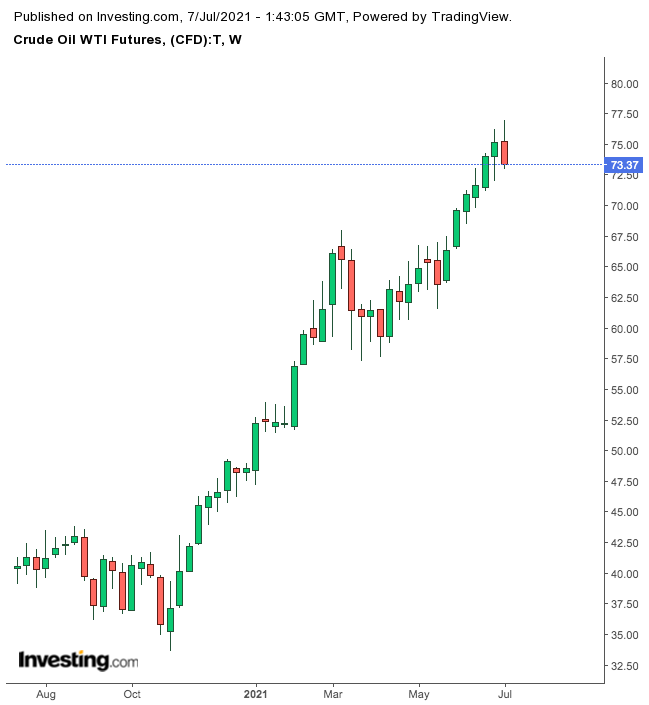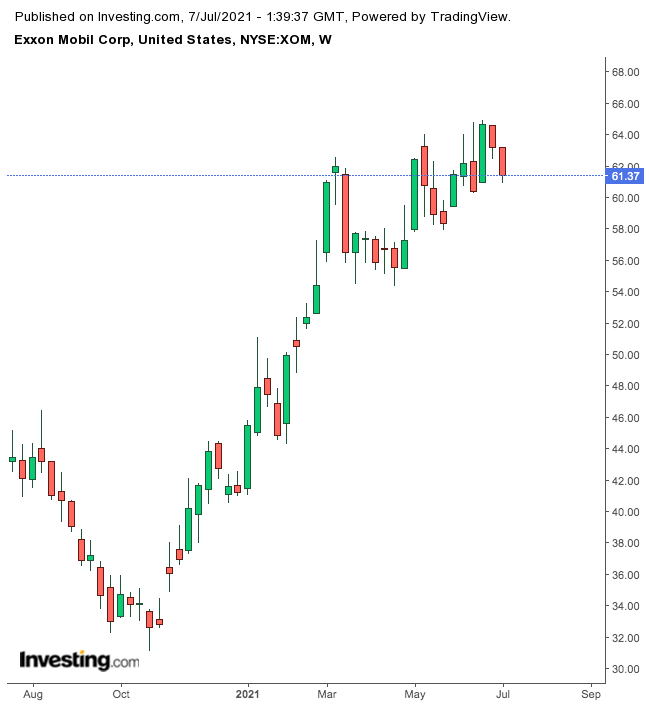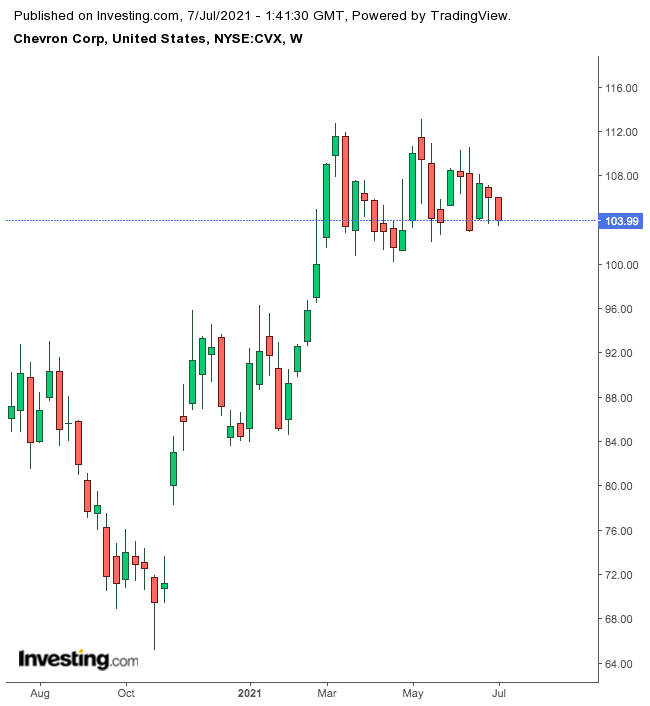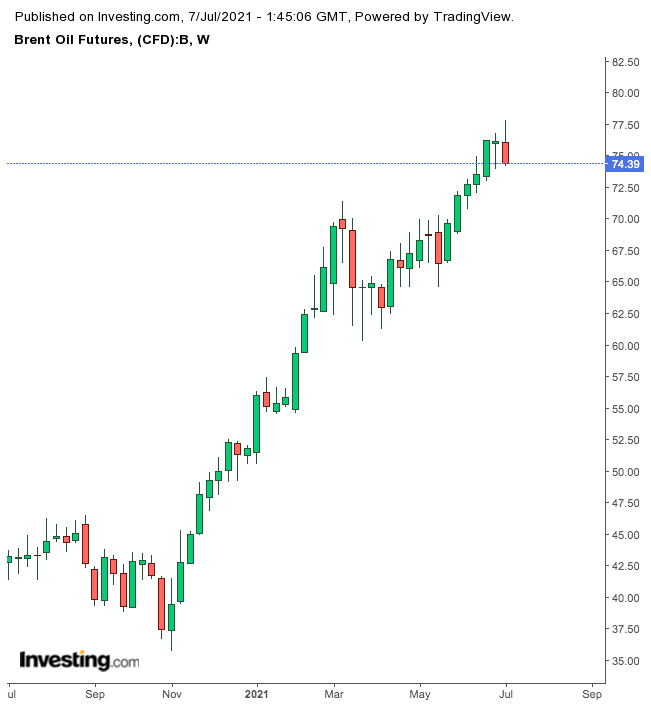Energy markets are again in the grip of uncertainty after the OPEC+ oil cartel's members failed to agree on a plan to boost crude output. For investors, including those in related equities, that means confusing signals on the outlook for the commodity that is so crucial for the global economic recovery after a deadly pandemic.
Crude prices have gained almost 60% this year, fuelled by a demand surge as economies re-open after vaccine rollouts. As demand gets closer to pre-pandemic levels, the Organization of the Petroleum Exporting Countries and its allies, known collectively as OPEC+, failed in its third attempt to resolve a deadlock over oil production after Saudi Arabia and the United Arab Emirates, two major exporting countries, failed to overcome their differences.

“The outcome is a significant failure for the producers’ group,” according to a Bloomberg report.
“Relations have soured between two core OPEC members to such an extent that no compromise was possible. It damages the group’s self-image as a responsible steward of the oil market, raising the spectre of the destructive internal price war that caused unprecedented price swings last year.”

The uncertainty in oil markets presents a challenge for investors in the largest U.S. energy companies, including Exxon Mobil (NYSE:XOM) and Chevron (NYSE:CVX), which are just recovering from last year’s slump in oil prices and repairing their balance sheets.

Brent To Hit $100?
While the possibility of a price war within OPEC can’t be ruled out if this dispute lingers, many equity analysts are getting bullish about their favorite oil stocks. They see oil prices gaining further strength from growing demand coupled with supply constraints – a combination that is quite healthy for companies’ profitability.
Bank of America, for example, believes Brent could hit $100 per barrel by summer 2022, and the firm doesn’t hold an underperform rating on a single stock across its oil coverage universe.

In a note cited by CNBC, Evercore ISI said it is bullish on the outlook for oil companies. The firm recently raised its price target on every single stock under its integrated oil and exploration and production company universe.
The note said:
“After the better part of three years of cost reductions, portfolio high-grading and rethinking the value proposition, E&Ps are well positioned to capture the upside from commodity price near term.”
Despite this bullish sentiment, we are hesitant to advise investors to increase their exposure to oil stocks after the OPEC failure to increase production. In our view, it will be tough for the cartel to let the price of oil surge to the point where it starts hurting the global economic growth, especially when inflationary pressures are building up.
With that, oil-producing nations will have to face political pressure from the U.S. and other major economies for not increasing the output when they have a lot of spare capacity. The U.S. has pushed the cartel to reach a deal that would allow output to rise, cooling the surge in prices.
“Administration officials have been engaged with relevant capitals to urge a compromise solution that will allow proposed production increases to move forward,” Reuters reported a White House spokesperson as saying Monday.
Bottom Line
The OPEC+ standoff, no doubt, sends a bullish signal for oil stocks in the short run. However, we don’t advise investors to add to their energy exposure when the markets are in limbo and there is a real possibility of price wars.
